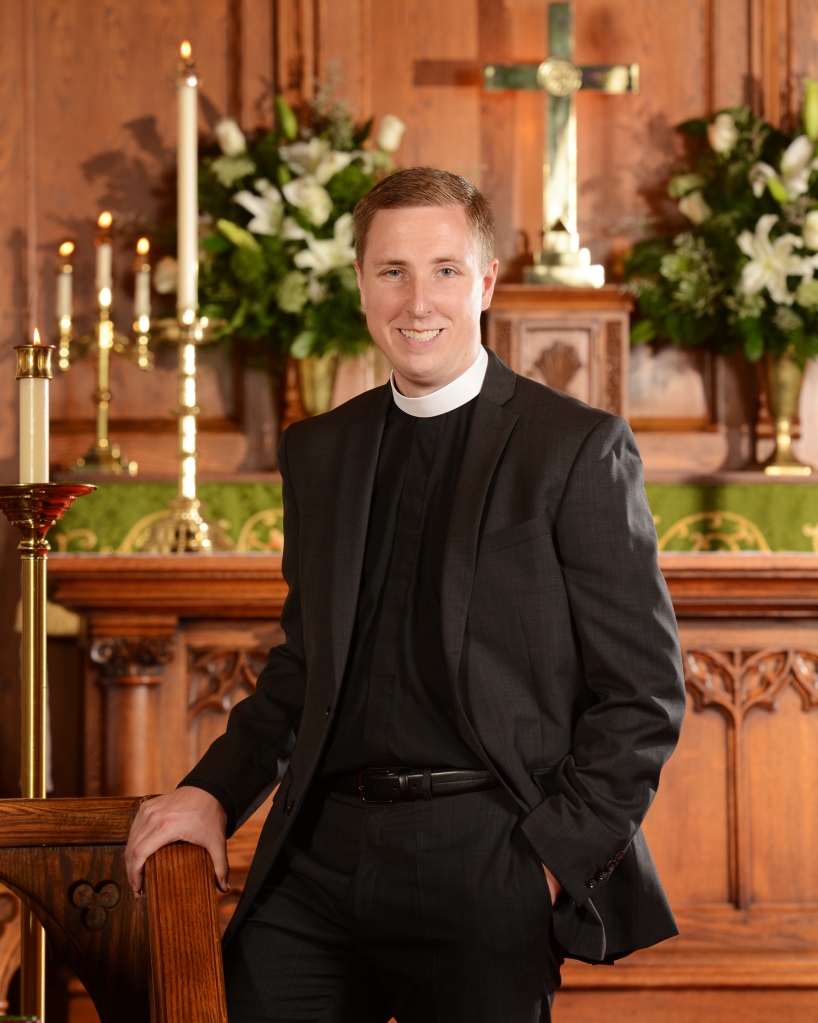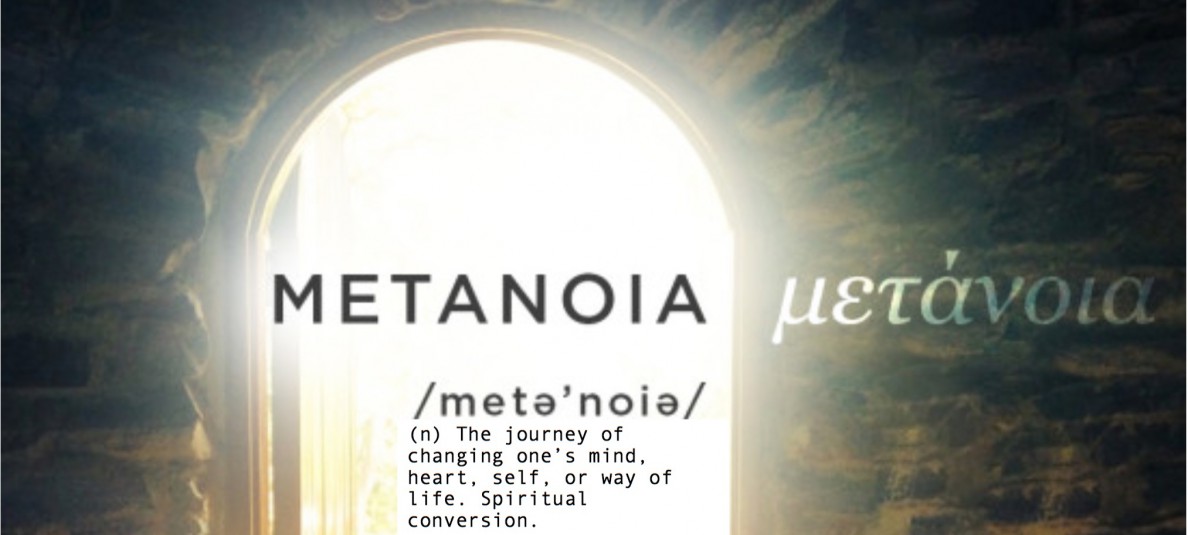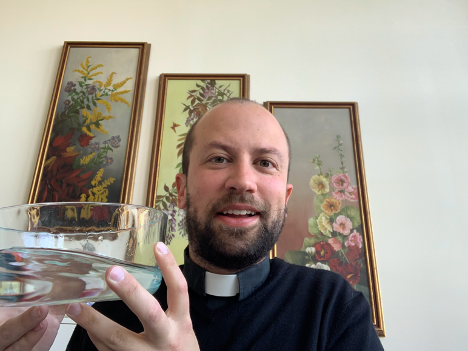Click Here for the Lectionary Texts
By: The Rev. Dr. Marshall A. Jolly
Since 2016, this blog has published more than 360 essays by dozens of Millennial scholars, preachers, teachers, and lay leaders from across the Church and across the world. If I may take such a moment of personal privilege, it has been a delight and an honor to work on this project in these past years. As with everything in life, however, new seasons bring new changes. Although the blog will remain published (at least for now), this essay will be the blog’s last. I, along with many of our authors, am entering a different season of ministry, where new priorities are requiring my focus and energy. But enough about me…
About fifteen years ago, I was home from my first year of seminary, and the Episcopal church in my hometown was hosting a brief morning Eucharist to observe Thanksgiving Day (in The Episcopal Church, Thanksgiving Day is considered a “major feast”). My brother, who was also home from college, and I decided to attend. I must admit, it was the first time I had ever even thought about going to church on Thanksgiving. I’m glad I went!
Thanksgiving is not unlike other Federal Holidays (ahem…Columbus Day), in that it is accompanied by a certain saccharine nostalgia that works as a thin veil over blatant colonialism, racism, and oppression. But for Christians, there is an opportunity for a bit of rehabilitation and reconciliation for Thanksgiving.
Thanksgiving is the one day of the year where life stops for the sole purpose of gratitude. The banks are closed, school is out, businesses are closed, and all attention is turned to the dining room table (and, to a lesser extent, the football field and the parade route in NYC). An essential part of the character of Christians is rooted in gratitude–for one’s family, for one’s friends, for one’s vocation, but ultimately, gratitude for the gift of God’s grace, mercy, and love made known in the face of Jesus Christ.
The truth is that there are those who are worried about what they will eat, or where they will sleep, and the idea that “God will provide” might seem like fickle comfort. But here is where the preacher can do some important work. Gratitude, at least from a Christian perspective, is always tied to action. “I’m grateful for X, therefore, I’m motivated to do Y.” “I’m grateful for the gift of Jesus Christ, therefore, I’m motivated to live a life of faithful obedience.” Therefore, part of our practice of gratitude–of thanksgiving–is to ensure that those in our communities who are worried about where they’ll eat or sleep are provided for.
How might the preacher utilize this moment of thanksgiving to spur the people of God into faithful action?










